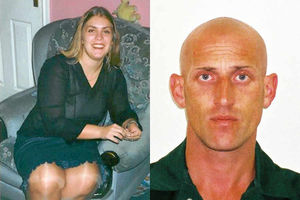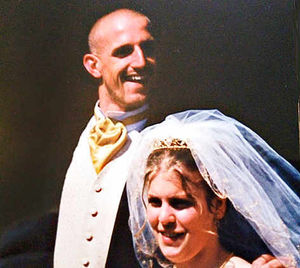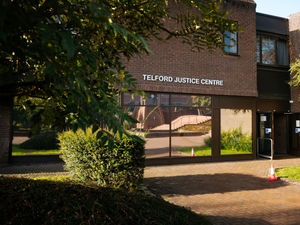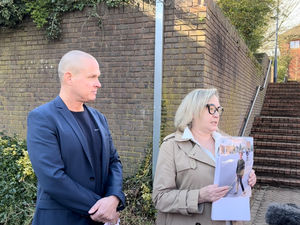Family of convicted murderer vow to fight on to clear his name after losing appeal
The family of convicted murderer Alan Evans has vowed to fight on in an effort to clear his name after his appeal to overturn his conviction was turned down.

Evans, aged 37, is serving life for killing his wife Louise, who was found at the bottom of the stairs of their family home in Stoney Lane, Kidderminster, in July 2012.
He lost his bid for freedom after top judges rejected his claim an 'intruder' could have killed his wife.
Family and friends of Evans in the public gallery shouted, 'you're so wrong, you're so wrong' as Lady Justice Rafferty rejected his latest appeal at London's Appeal Court on Wednesday.

But the family, who insist Evans is innocent, say they are determined to carry on fighting. The case is now expected to be taken to the Criminal Cases Review Commission.
His mother Sue said: "We are not going to stop here. We are going to continue fighting because the conviction is wrong."
The couple had been married for 12 years, but Mrs Evans had discovered her husband was having an affair, the appeal court was told.
Evans told his girlfriend the relationship was over on July 2 but a few days later said he still 'loved her'.
Part-time care assistant Mrs Evans had 49 separate injuries, many consistent with falling down stairs, but one to an eye socket which indicated a punch or kick, said the judge.
The prosecution case was that Evans had caused his wife to fall and then either smothered her to death or left her to die. He denied killing her, insisting he had fallen asleep on the sofa watching television before discovering her at the bottom of the stairs.
However, examination of his mobile phone and television set-top box showed both were in use during the time Evans said he was asleep, the judge said.
He was convicted of murder and ordered to serve a minimum term of 17 years at Worcester Crown Court in November 2013.
Lady Justice Rafferty said she disagreed with Evans' barrister Mr Thomas Schofield's claim that there was a 'potential third scenario which the jury never heard'.
She said the material placed before the court could not be viewed as 'fresh evidence' and went 'nowhere near' undermining the safety of the jury's verdict.





